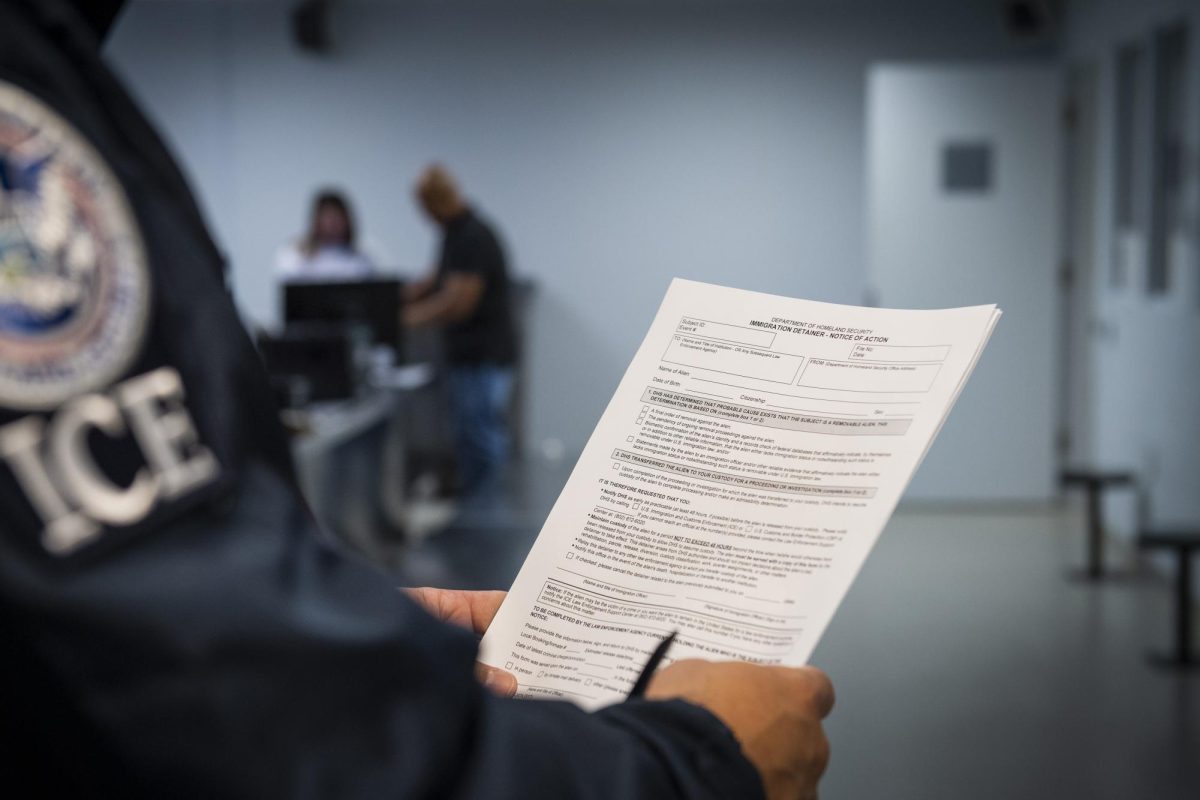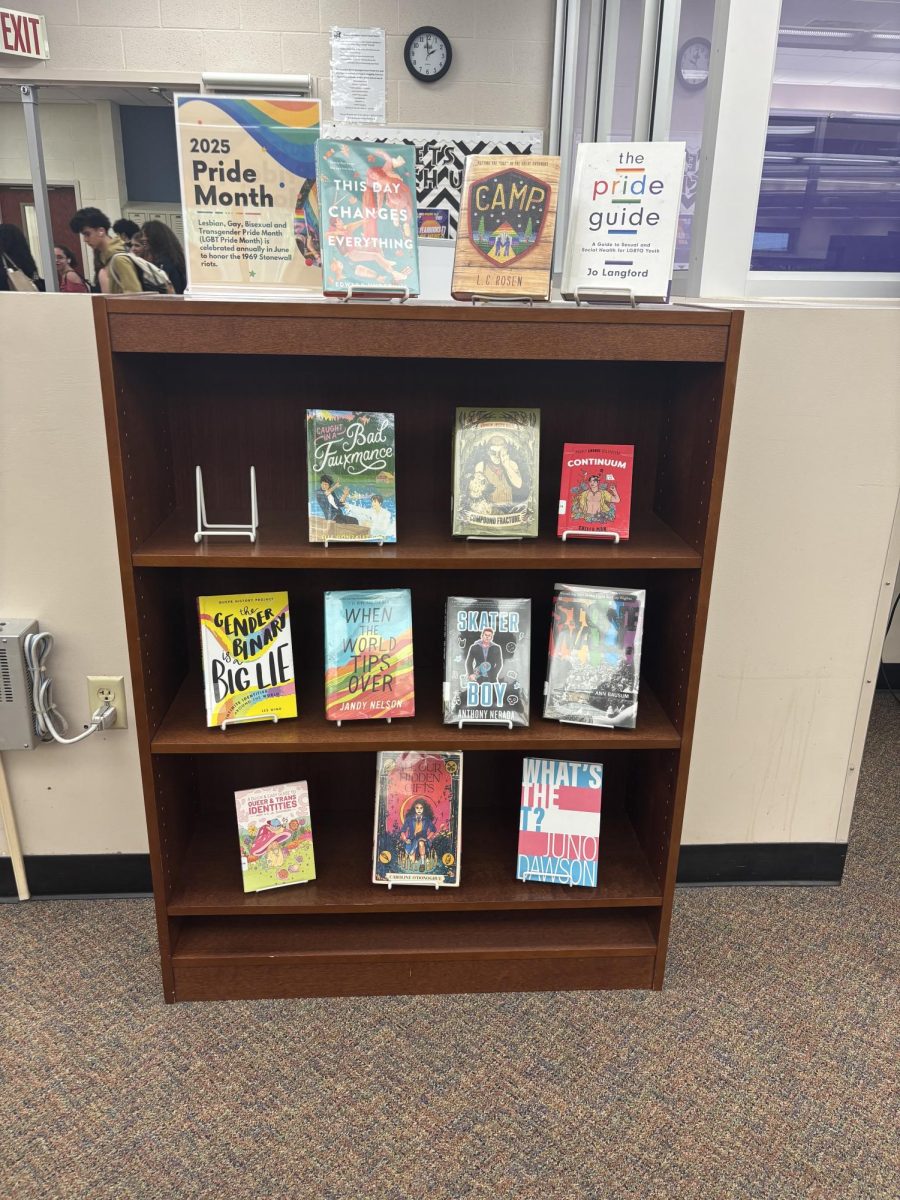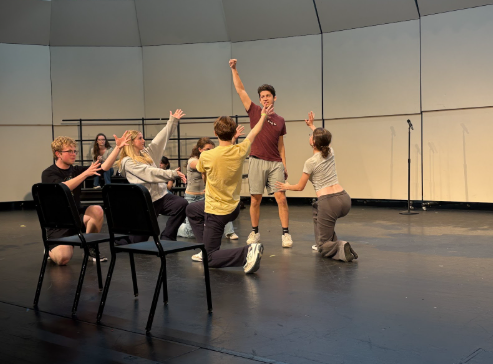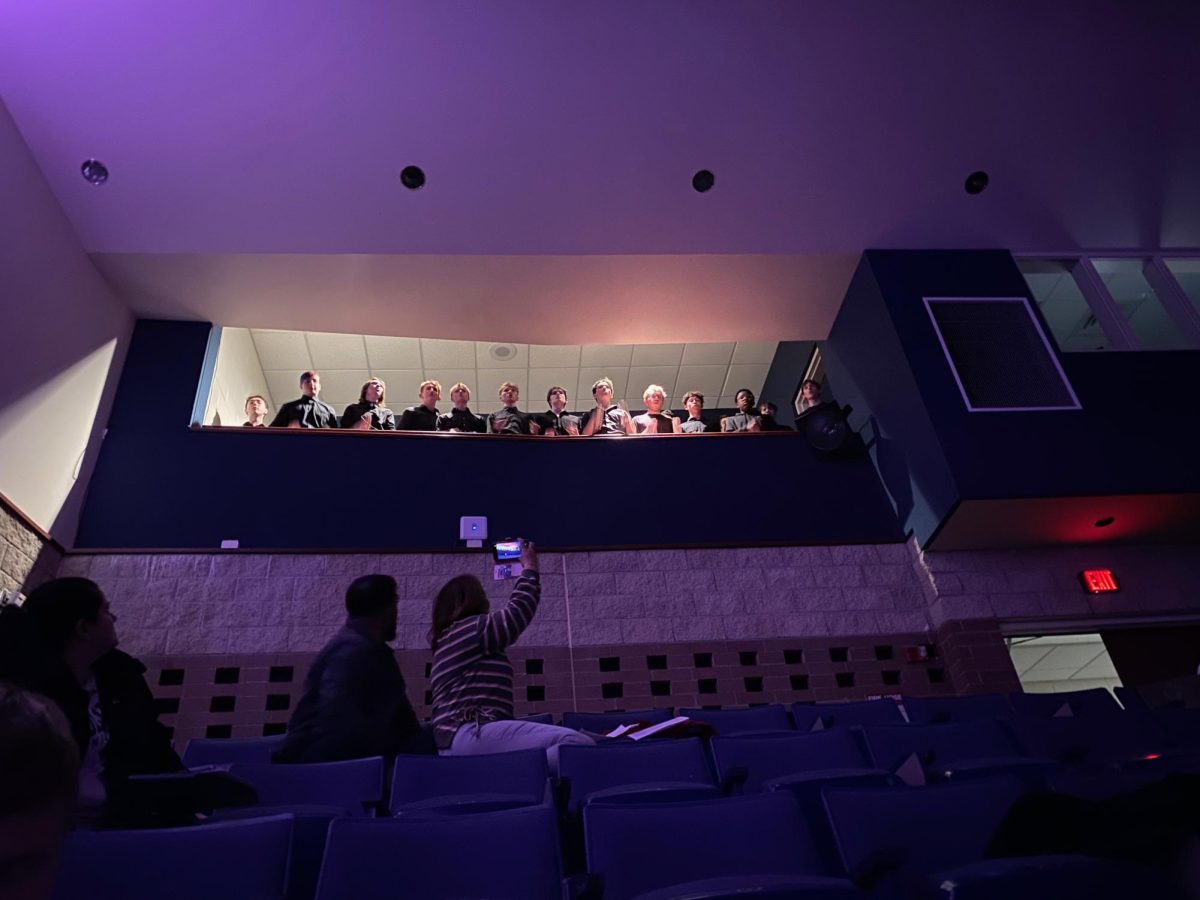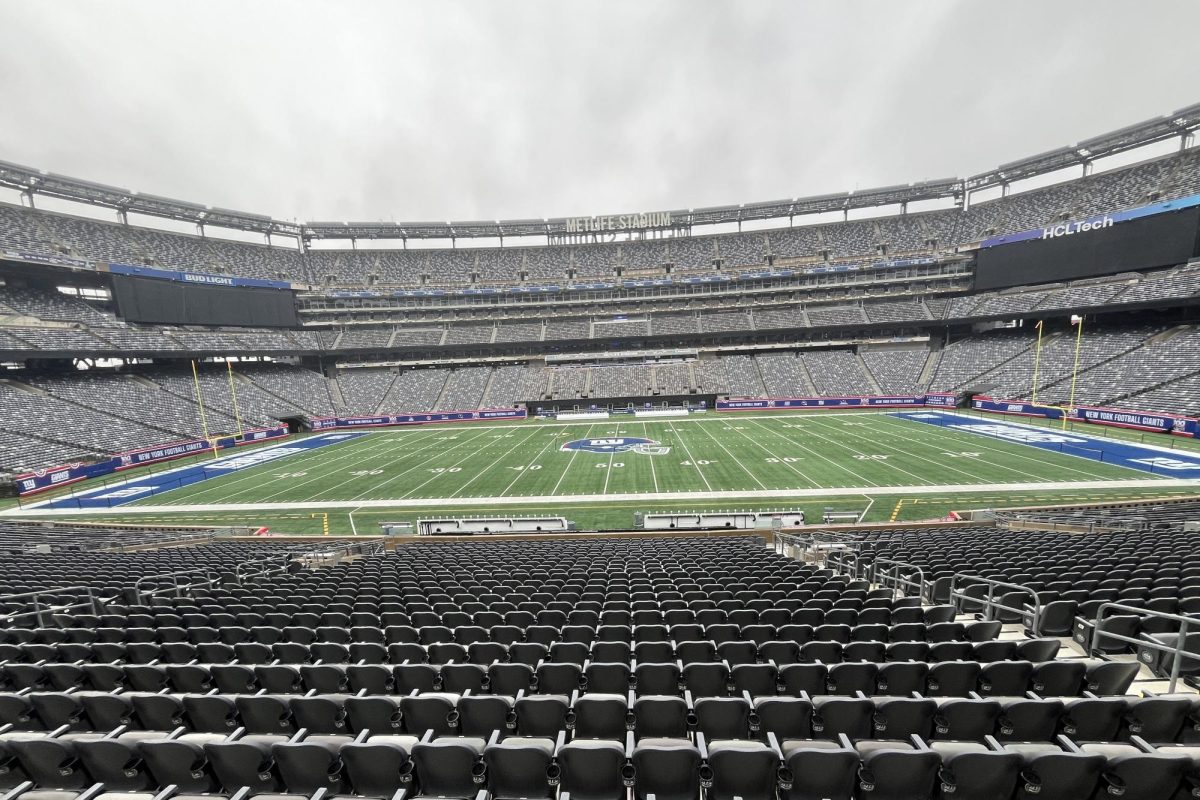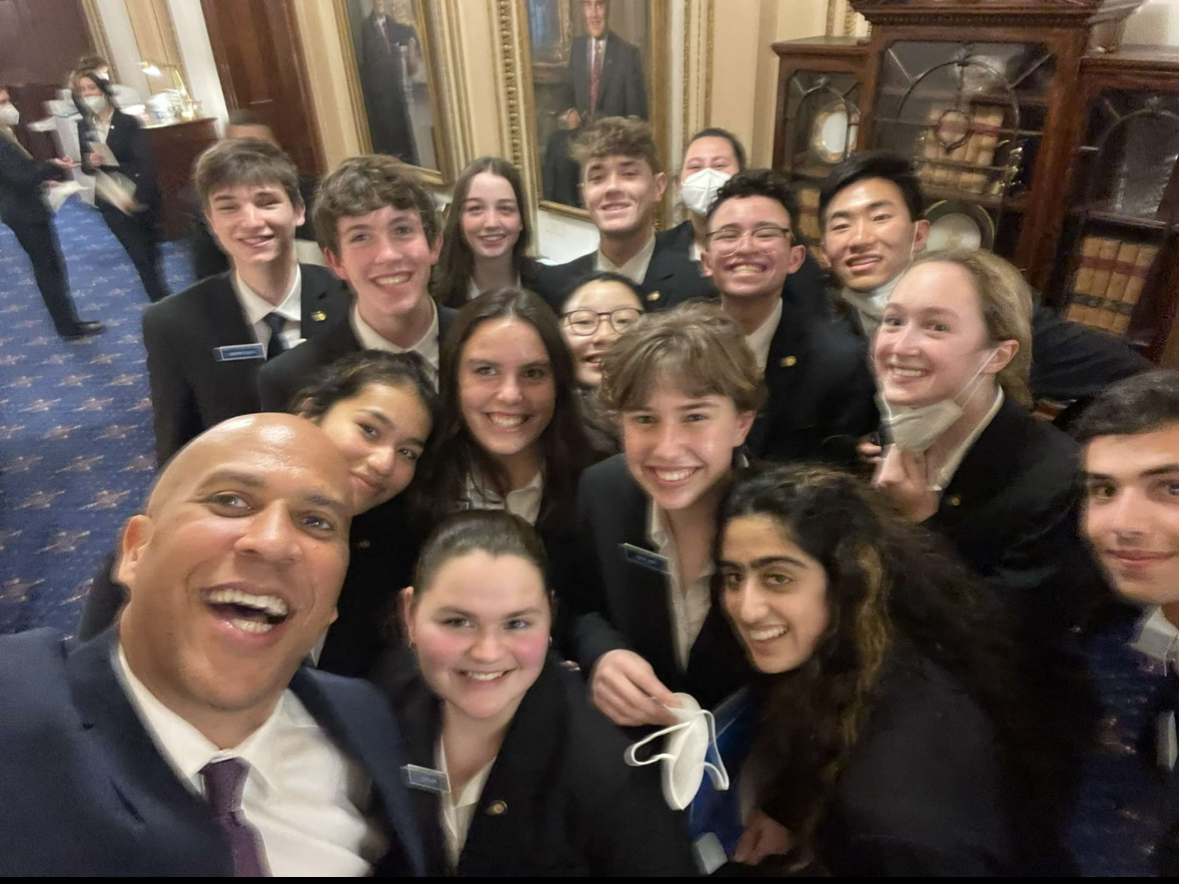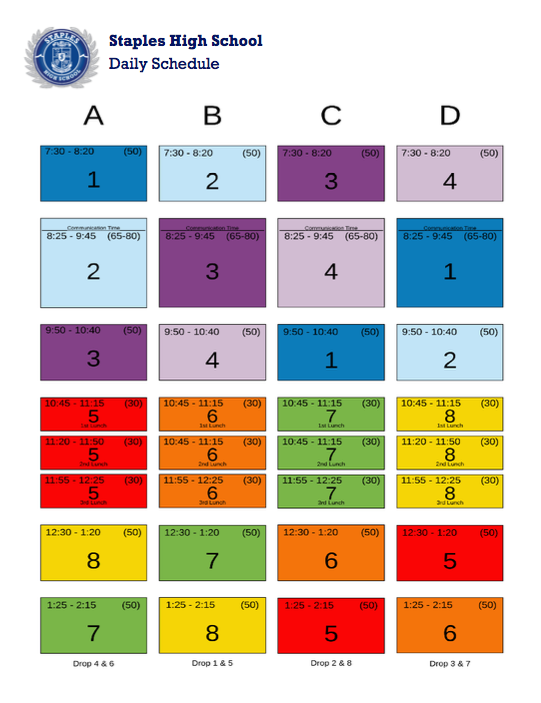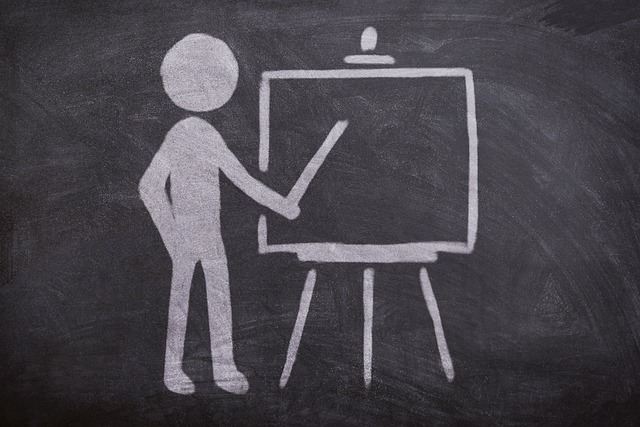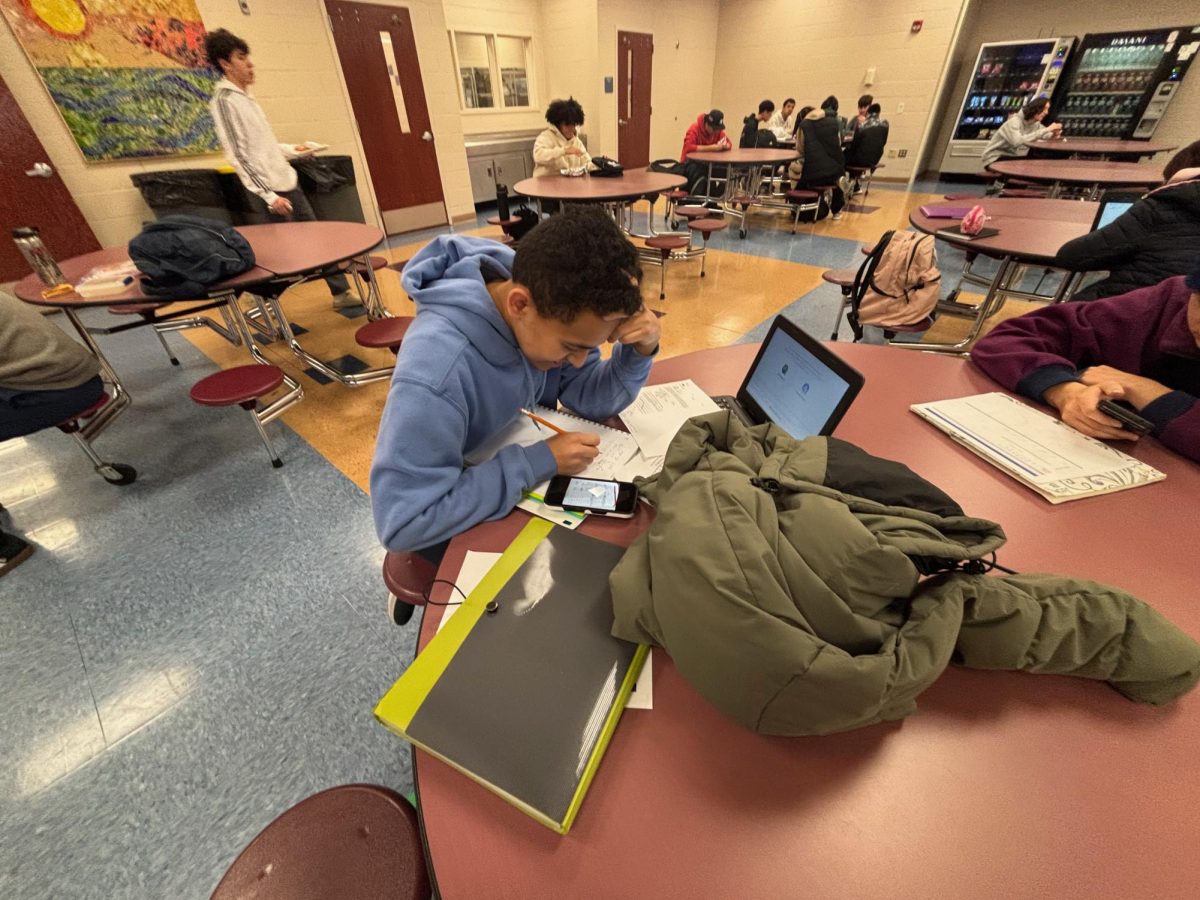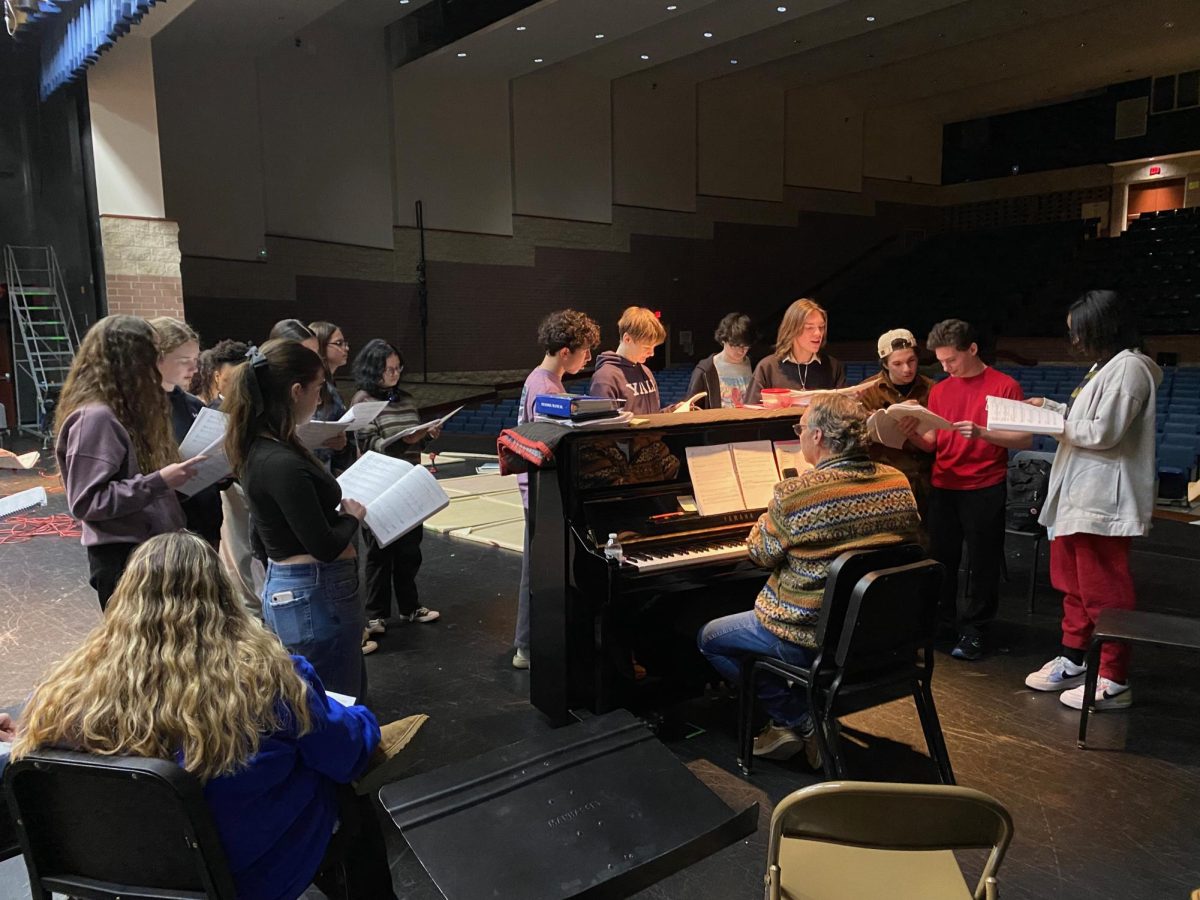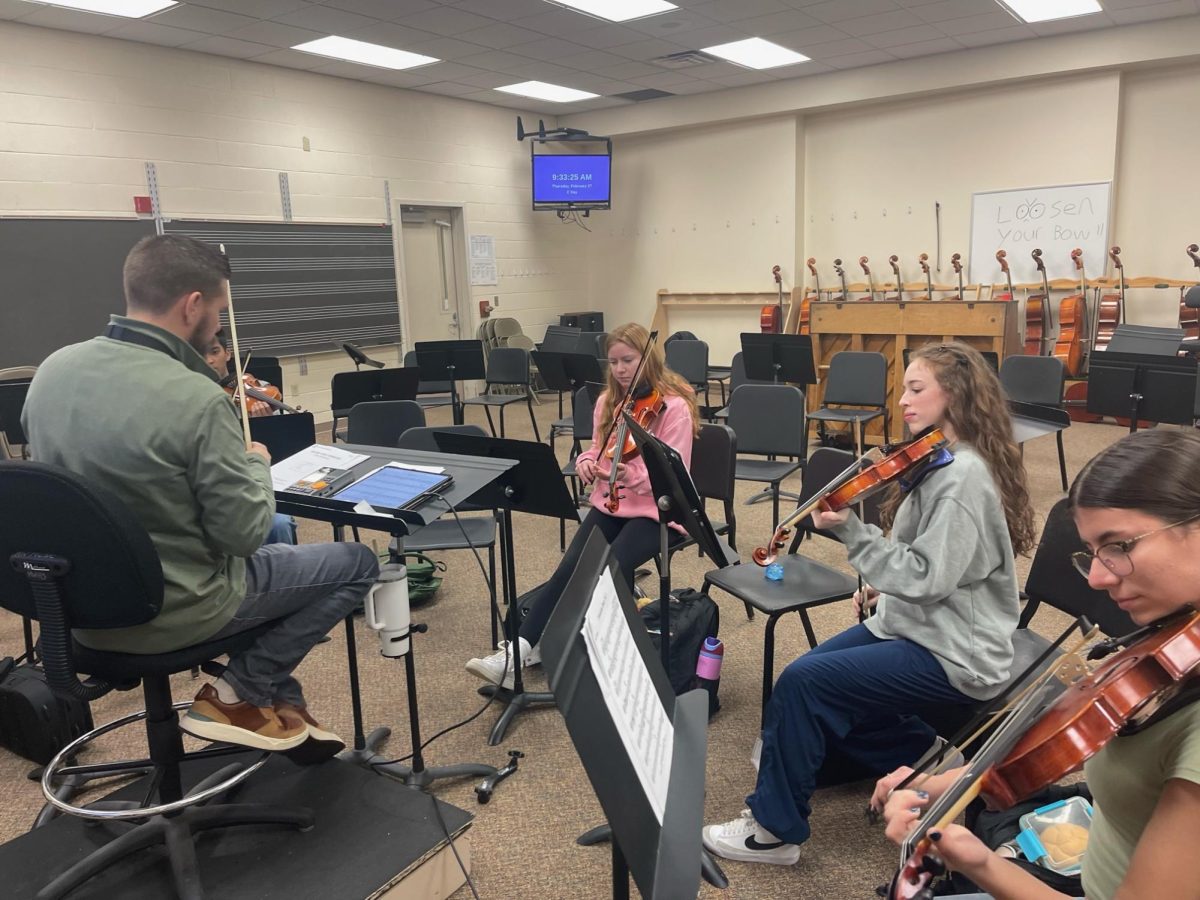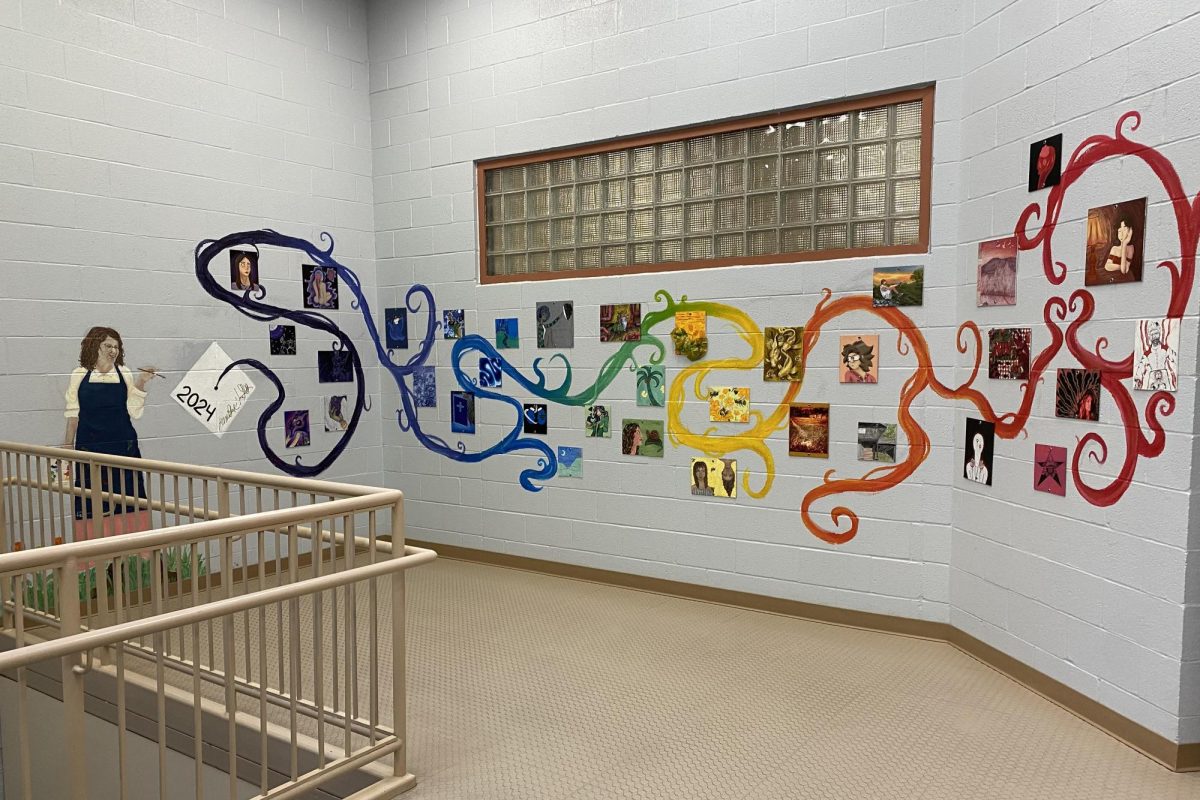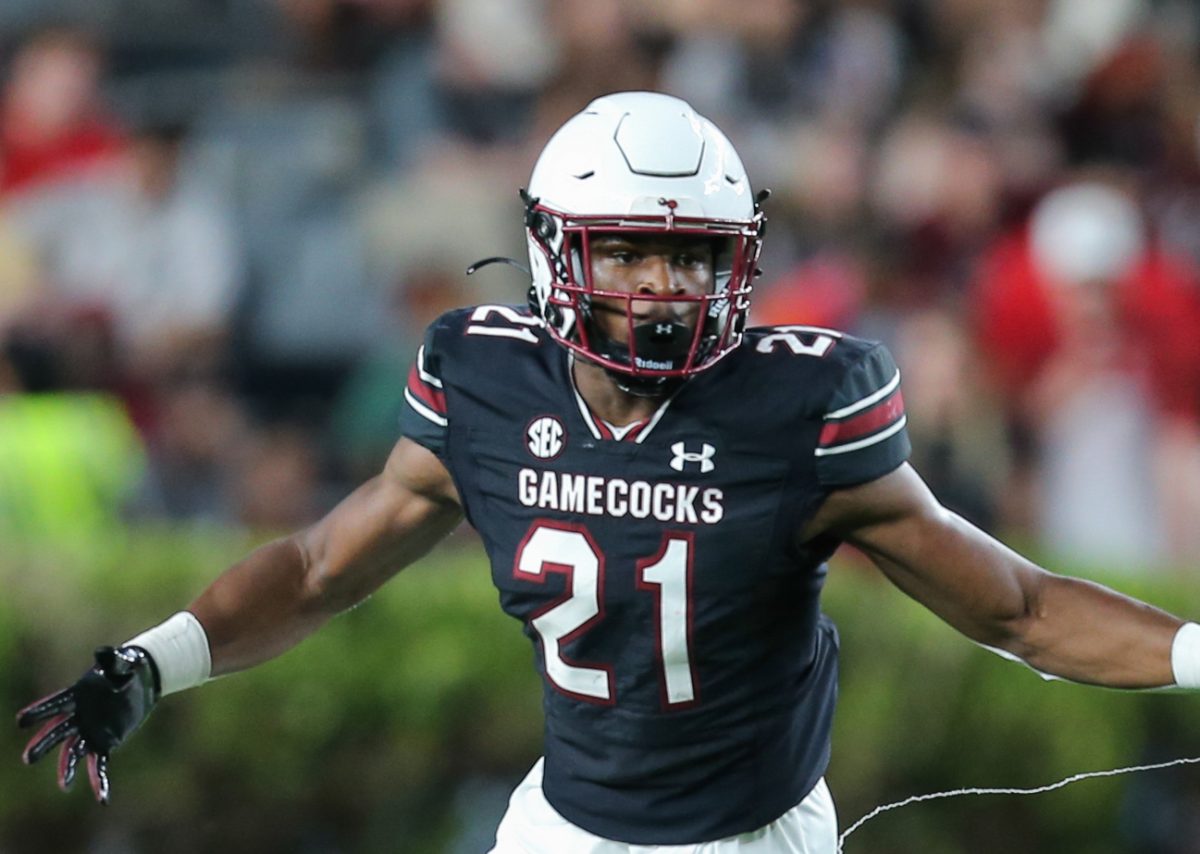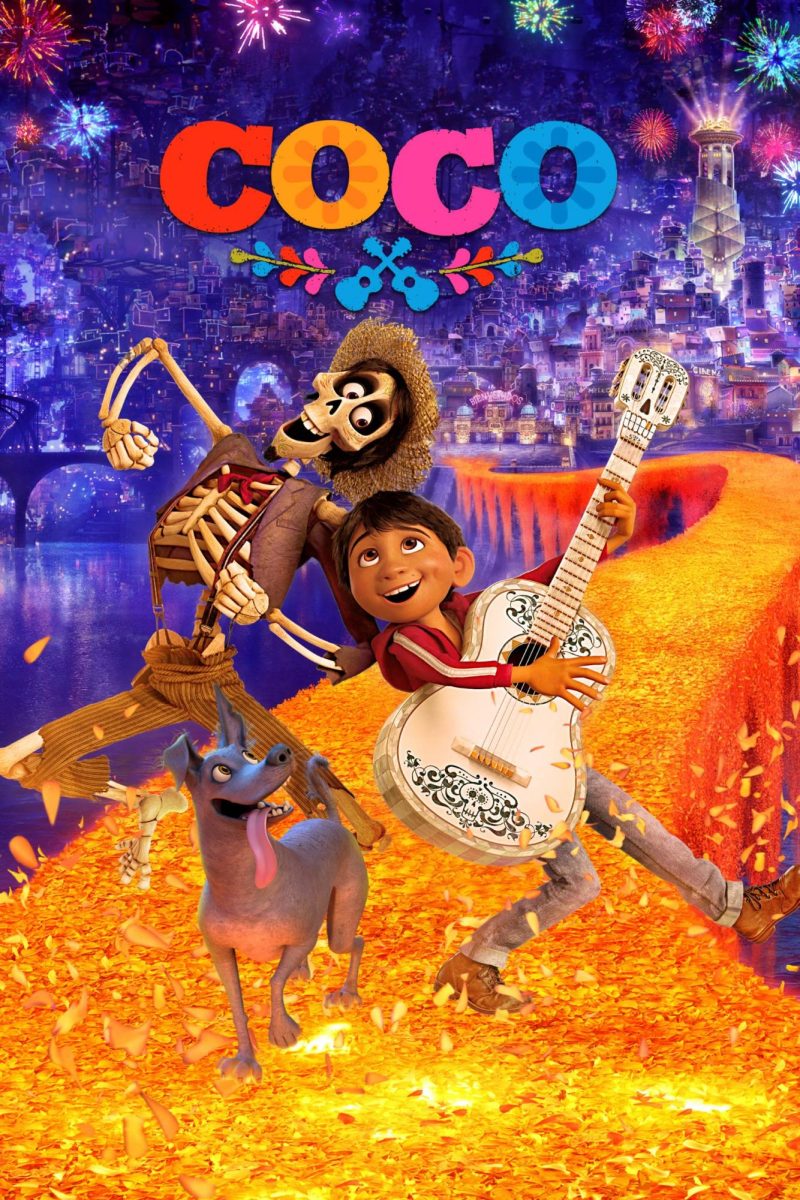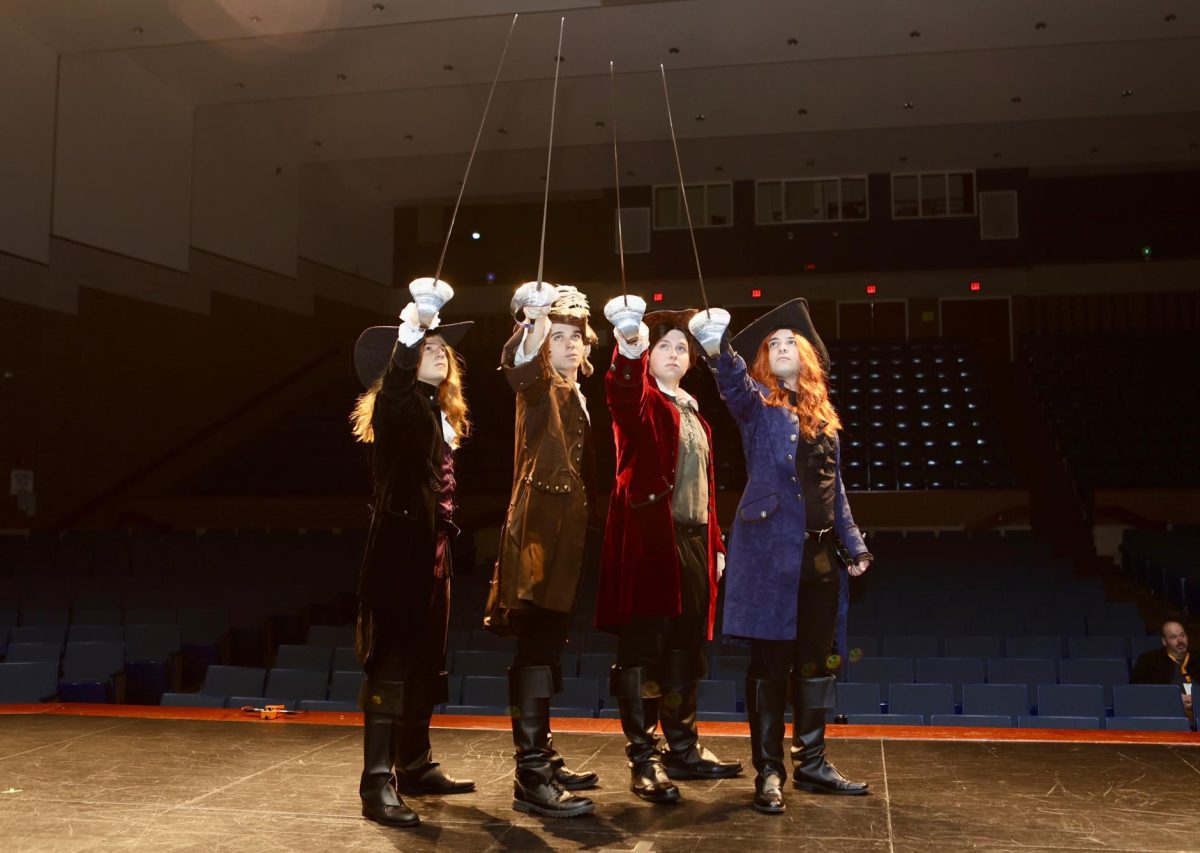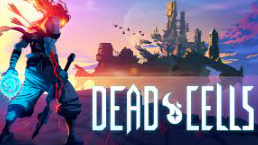Opinion: Books for students should not be banned
November 14, 2022
Have you ever read a banned book? Chances are you have, and you haven’t even noticed. To Kill a Mockingbird, The Great Gatsby, and even Harry Potter are all books that have been banned around the country at one point or another for various reasons. Books can be challenged, meaning that the book can be restricted from being sold or read in schools, and banning a book is the actual removal of that book.
The most common reason for challenging a book has to do with violence, profanity, or inappropriate scenes. Across, the country, more than 1,600 books were banned during the 2021-22 school year, according to National Public Radio (NPR).
The Great Gatsby, a book that is still a part of the English Department curriculum at Monroe-Woodbury, has been challenged elsewhere due to sex, violence, adultery, and language. Similarly, To Kill a Mockingbird has been challenged due to racial slurs used in the novel.
Every year since 1982, schools and libraries around the world celebrate Banned Books Week. According to th
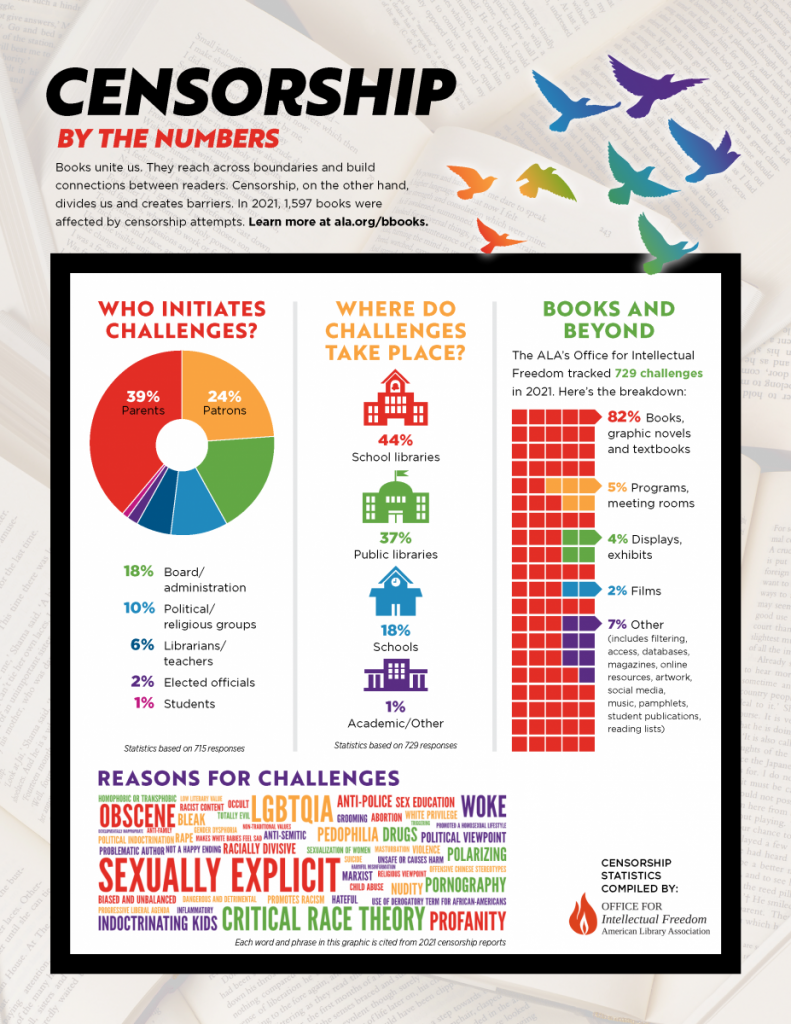
e American Library Association, “Banned books week celebrates the freedom to read and spotlights current and historical attempts to censor books in libraries and schools.” With more recent efforts to ban books in America, awareness of the subject has become more publicized.
I do not believe books should be banned. I don’t think someone has the right to dictate what someone else can read, and I also don’t think just because certain people don’t like a book, they should be able to withhold the experience of reading it from another person.
I think if a parent finds a book to be inappropriate, they can stop their child from reading it, but I don’t think that the decision should be made by someone else. According to the National Coalition Against Censorship, “Even books or materials that may find ‘objectionable’ may have educational value, and the decision about that to use in the classroom should be based on professional judgements, not individual preferences.”
One of the librarians at Monroe-Woodbury, Ms. Sherman, agrees that books should not be banned.
The school library is not doing anything to celebrate Banned Books Week this year, but in the past Ms. Sherman has set up a display with banned books inside of paper bags. Each bag would say why the book is banned, and when students opened the bag to see the book, they were often shocked. Sometimes it was a book that they had read leisurely, or even a book they had to read in class.
Mr. Hyman, an English teacher at M-W, believes that while books should not be banned, some books should not be in the school library. For example, Mr. Hyman said books that are Anti-Semitic do not belong in a school library, neither do books containing dangerous instructional content, such as how to build a bomb.
Mr. Hyman wonders where “the line” is for banning books. What some people may find offensive, others may not. It is hard to distinguish what should and should not be made available.
Ms. Sherman said the controversy over books is “more prevalent than it ever has been”. She also does not agree with the idea of banning books.
In recent years, the most common banned books have been ones dealing with LGBTQIA+ or race. According to the American Library Association, the top three most challenged books of 2021 were Gender Queer by Maia Kobabe, Lawn Boy by Jonathon Evison, and All Boys Aren’t Blue by George M. Johnson. One thing these books all have in common is that they deal with sexual orientation, a controversal topic that some people believe doesn’t belong in schools.
“Every reader deserves to see themselves in a book,” said Ms Sherman. “People have a right to read.”
In the 1982 Supreme Court Case of Island Trees School District vs. Pico, the court ruled that the First Amendment limits the ability of school officials to remove books from the school library because of their content, but a school board does have the ability discretion over what is taught to students in the classroom.

